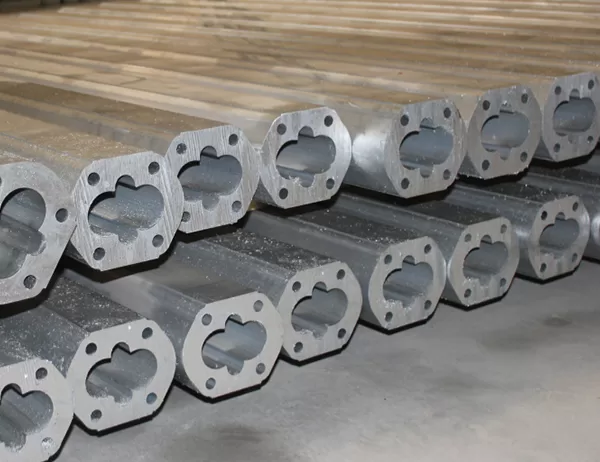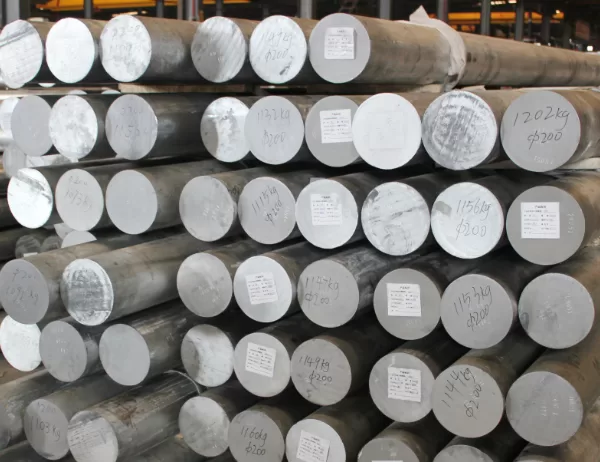In the ever-evolving landscape of sustainable manufacturing, 6101 aluminum alloy emerges as a beacon of eco-friendly innovation. Its exceptional properties and versatility make it an ideal choice for a wide range of industries, while its environmental benefits position it as a cornerstone of a greener future.
Reduced Carbon Footprint
The production of aluminum alloys traditionally involves energy-intensive processes that release significant greenhouse gases. However, the 6101 alloy utilizes advanced electrolysis techniques that dramatically reduce carbon emissions. By employing renewable energy sources, such as hydropower and solar power, the production process further minimizes its environmental impact.
Energy Efficiency
The exceptional thermal conductivity of 6101 aluminum alloy enables efficient heat transfer. This property reduces energy consumption in applications such as construction, automotive, and aerospace. By facilitating rapid heat dissipation, 6101 aluminum allows for the design of lighter and more energy-efficient systems.
Increased Durability
6101 aluminum alloy boasts exceptional strength and corrosion resistance. Its ability to withstand harsh conditions extends product lifespans, reducing the need for frequent replacements and minimizing waste generation. This durable nature contributes to the longevity and sustainability of products, reducing their overall environmental footprint.
Recyclability
Aluminum is one of the most recycled materials globally, and 6101 alloy is no exception. Its high recyclability rate ensures that end-of-life products can be transformed into new materials, conserving natural resources and diverting waste from landfills. The circular nature of 6101 aluminum’s lifecycle further enhances its sustainable credentials.
Lightweight Properties
The low density of 6101 aluminum alloy makes it an ideal material for lightweight applications. In transportation, its use in vehicles reduces fuel consumption and emissions. In construction, it contributes to energy-efficient building designs by minimizing structural weight. Its lightweight nature also facilitates the handling and transportation of products, reducing environmental costs.
Conclusion
6101 aluminum alloy’s eco-friendly advantages make it a transformative material shaping a more sustainable future. From reducing carbon emissions to promoting energy efficiency and recyclability, its exceptional properties and versatility empower industries to adopt more environmentally responsible practices. As we strive to create a greener planet, 6101 aluminum alloy stands as a testament to the potential of innovative and sustainable manufacturing.




